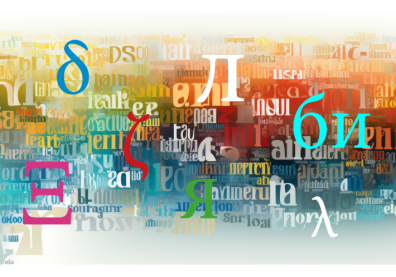Comparative linguistic approaches to Modern Greek 2

The colloquium"Comparative Linguistic Approaches to Modern Greek 2" aims to bring together linguists with expertise in the field of comparative approaches to GM with different languages: Romance (including French), Slavic, Balkan domain, Semitic and Turkic languages and others.
The recent renewal of the comparative field, both theoretically and methodologically, is favored by the new resources available enabling more in-depth and reliable work on data (large electronic corpora, computer processing, electronic collections of oral and/or written learner corpora/interlanguage corpora, etc.). In addition, this field, considered a priori as a branch of applied linguistics, benefits from its interaction with a number of fields of theoretical linguistics which have themselves undergone major developments (linguistic typology, enunciative linguistics, contact linguistics, psycholinguistics and acquisition, cognitive linguistics and mental lexicon, etc.). This has provided a more circumscribed and solid theoretical and methodological foundation for such research than was possible through the general comparison of two (or more) linguistic systems, or the comparability of pre-defined grammatical categories.
This 2nd edition of the colloquium aims to take stock of the most recent advances in this comparative field, with an opening towards:
- critical sociolinguistic approaches (sociolinguistic analyses of language representations and practices, gender-related issues)
- contact linguistics and plurilingualism
- critical discourse analysis and the development of tools for language teaching that take account of the above framework of reflection.
Opening up to these areas does not exclude proposals on other themes, always from a comparative perspective, including those from the 1st edition of the colloquium :
- mode and modality, TAME
- negation, interrogation
- interface morphology/phonetics/phonology and syntax
- interface syntax and semantics
- formal semantics
- syntax
- textual linguistics
- discourse markers
- determination, in(definite), quantification, degree modifiers
- translation
Contact:
View e-mail
Organizing Committee:
- Rea Delveroudi, National and Capodistrian University of Athens
- Sophie Vassilaki, Inalco-SeDyL
- Evangelia Vlachou, National and Capodistrian University of Athens
- Maria Zerva, University of Strasbourg, GEO-UR 1340